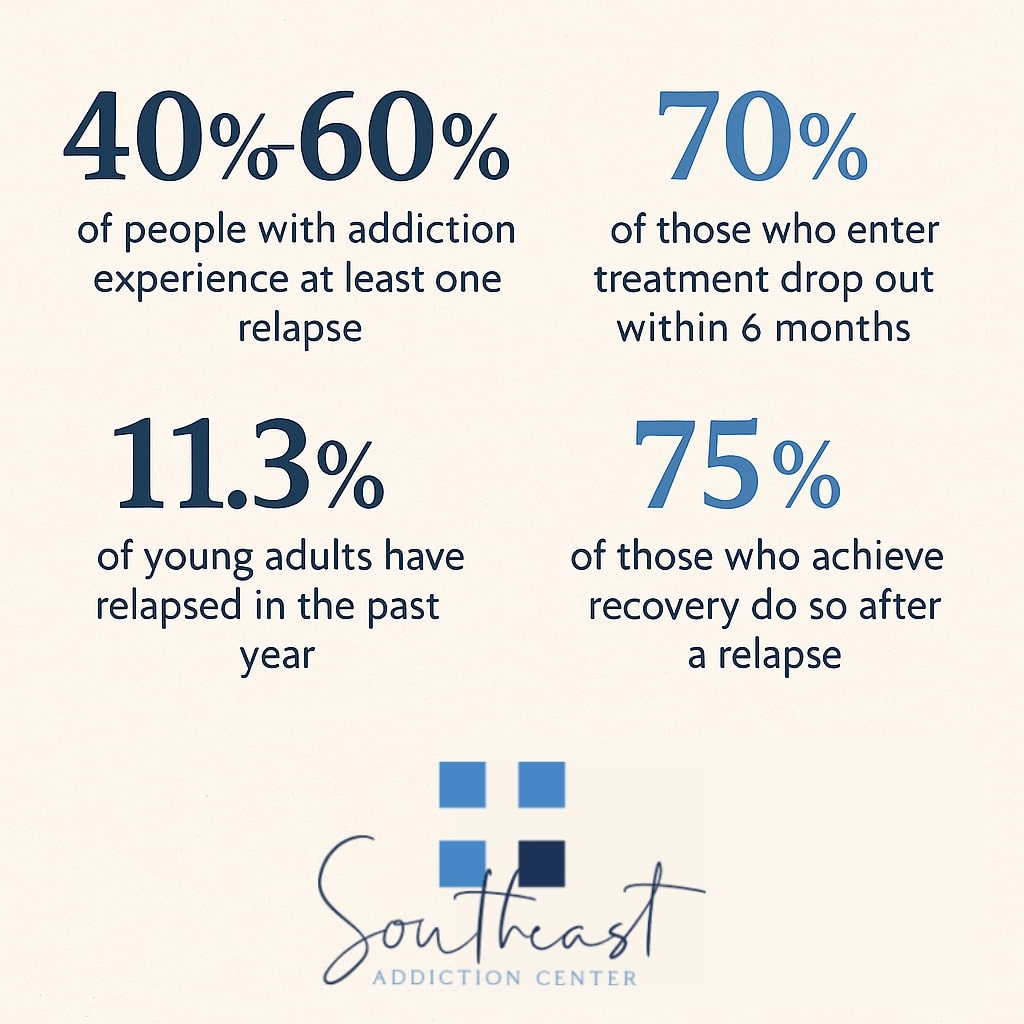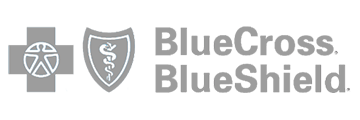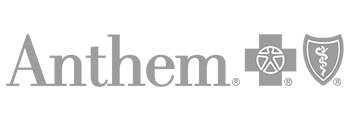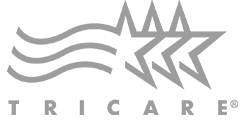Partial Hospitalization Program
How a Partial Hospitalization Program Bridges the Gap Between Relapse and Long-Term Recovery
Written By
Partial Hospitalization Program
Written By
When a child relapses—especially after treatment—it can feel like the floor has dropped out from under you. Maybe you’ve been here before: the missed calls, the half-truths, the sudden change in energy. Maybe it’s new. Either way, watching your son or daughter struggle again can feel like a mix of heartbreak and helplessness.
You may be asking: What now? What do we do next that doesn’t undo everything they’ve worked for?
A Partial Hospitalization Program (PHP) can be the answer. It offers more than just another round of treatment—it offers a bridge. A way forward that doesn’t erase their progress but builds on it, even after relapse.
A Partial Hospitalization Program (PHP) is a high-support, structured treatment option for individuals who don’t need 24/7 care but still require more than once-a-week therapy. Think of it as a full-time job for recovery—typically five to six hours a day, five days a week.
In a PHP, your loved one returns home (or to a sober living environment) each evening, but spends their day immersed in therapy, clinical support, and skill-building.
It’s intensive care without a hospital bed—and it’s specifically designed for those who are either stepping down from inpatient treatment or stepping up after a relapse.
PHP is often a good fit for young adults who:
Your child doesn’t have to “hit rock bottom” again to qualify. In fact, catching relapse early and stepping into PHP can prevent deeper crisis. It’s a response rooted in love, not punishment.
There’s a unique kind of grief that comes with watching your child work hard in treatment… only to start using again.
You may wonder:
These questions are normal. But blame—especially self-blame—doesn’t help anyone heal. PHP programs like ours at Southeast Addiction don’t just treat the individual struggling. We also support the family, helping parents rebuild trust, set healthy boundaries, and reengage with their child in a way that’s loving and sustainable.
There are many levels of care available—and knowing where PHP fits can help you understand why it’s so valuable after a relapse.
| Level of Care | Living Situation | Time Commitment | Best For… |
|---|---|---|---|
| Inpatient/Residential | 24/7 facility care | Full-time, overnight | Crisis stabilization, detox, early recovery |
| PHP (Partial Hospitalization) | Lives at home or sober housing | ~6 hours/day, 5 days/week | Relapse support, structured daily care |
| IOP (Intensive Outpatient) | Lives at home | ~3 hours/day, 3–5 days/week | Transition support, ongoing therapy |
| Outpatient | Lives at home | 1–2 sessions/week | Maintenance care, post-treatment follow-up |
PHP isn’t a “less serious” treatment option. It’s often the most responsive and realistic one for young adults who are trying—but struggling—to stay sober in the real world.

Every Partial Hospitalization Program is structured a bit differently, but here’s what a day might include:
The days are structured for growth—but flexible enough to meet clients where they are, even if they’re discouraged or emotionally flat.
One overlooked benefit of PHP is geography. When treatment is close to home, your child doesn’t feel removed from life—they feel connected to it. At Southeast Addiction in Peachtree Corners, our PHP provides high-level care in a setting that’s both accessible and familiar.
Why local care matters:
Peachtree Corners is more than just a location. It’s part of the recovery plan.
Relapse doesn’t mean everything is lost.
Your child didn’t forget what they learned. They haven’t un-grown. What’s happening now is a signal that more support is needed—and PHP provides that without forcing them to restart from zero.
It’s not about going backward. It’s about building on what’s already there, with more scaffolding and less shame.
PHP offers intensive therapy and structure during the day, but your child returns home (or to a sober living house) each evening. It allows for continuity in real life while still providing high-level support.
Most PHP programs last 3–6 weeks, depending on individual needs. At Southeast Addiction, length of stay is always tailored to clinical recommendations and client readiness.
Yes. Many young adults dealing with relapse are also managing anxiety, depression, or trauma. PHP includes psychiatric support and dual-diagnosis care to address both addiction and mental health.
That’s a painful—but common—reality. If they’re resistant, the best step is to have a calm, non-accusatory conversation and present options. We’re also here to support you in navigating this conversation.
Many insurance plans do cover PHP. Our admissions team can verify benefits and walk you through the financial piece without pressure or confusion.
📞 You’re not alone. We’re here to help.
Call 888-981-8263 or visit to learn more about our Partial Hospitalization Program services in Peachtree Corners, GA. Whether this is your first time seeking help—or the third—we’ll meet you with respect, clarity, and care.






